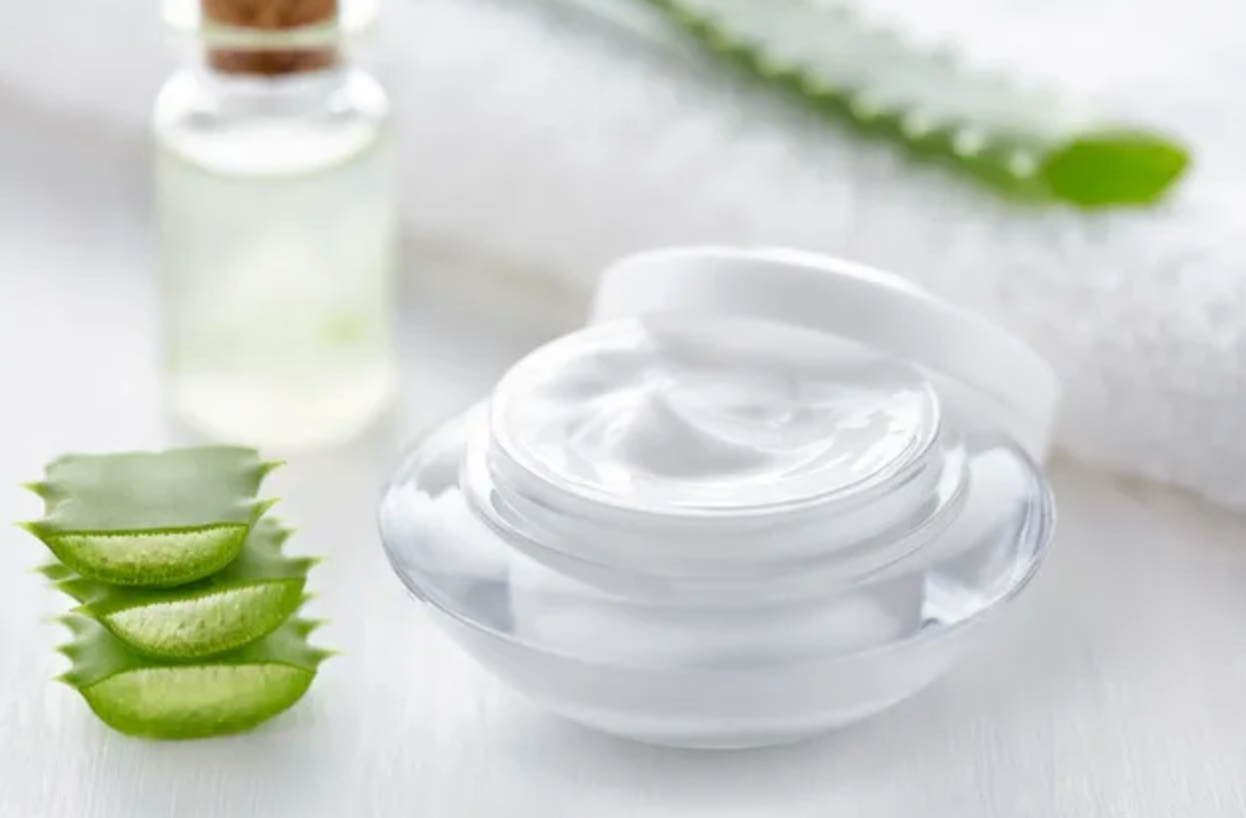
What Is Niacinamide? Health Benefits, Usage, Supplements, Side Effects, and More
Here is another ingredient that I love and incorporate in every serum and cream in EpiLynx!

Keeping up with the latest must-have skin-care ingredients can be tough — but it’s worth taking the time to learn more about niacinamide. While this ingredient doesn’t get as much attention as fellow skin-aging fighters like retinoids or glycolic acid, you may have spotted it while scrolling through your Instagram feed or TikTok for You page.
Curious if this ingredient has a place in your skin-care regimen? Read on to find out what you need to know about this beauty booster.
What Is Niacinamide?
Niacinamide may be one of the active ingredients in some topical anti-aging products, especially serums, adds Lucy Chen, MD, a board-certified dermatologist with Riverchase Dermatology in Miami. Generally, “people can expect smoother, more hydrated skin” when using niacinamide in their skin-care routine, says Dr. Chen.
Topical Niacinamide vs. Niacinamide Supplements
Topical niacinamide-containing products will have more direct benefits for the skin, says Chen. Both she and Dr. Nazarian note that niacinamide is most effective when applied topically.
Most people in the United States meet their recommended daily intake of B3 without needing to take a supplement, per the NIH.
“Even though niacinamide is water-soluble, and theoretically it can be peed out if you take too much, there’s still a risk of liver toxicity with oral intake,” Nazarian explains. If you do want to take a niacinamide supplement, don’t take more than is contained in a multivitamin unless instructed by your physician, she says.
Benefits of Niacinamide
One benefit of niacinamide is how versatile it is as a skin-care ingredient.
“When used topically, niacinamide can improve skin hydration by preventing evaporation of moisture from the skin into the environment. It’s also a natural anti-inflammatory ingredient, so it’s great for calming irritated skin but also good for people with sensitive skin,” says Nazarian.
In addition, niacinamide helps prevent premature signs of skin aging, including boosting collagen production to smooth wrinkles and reduce discolorations, says Nazarian. She recommends the ingredient for people with dry, sensitive, aging, or acne-prone skin.
What’s more, a double-blind, randomized, controlled trial suggested that topical 2 percent niacinamide can be effective in controlling skin’s sebum (oil) production
Another review, published in September 2017 in Dermatologic Therapy, looked at eight studies in which nicotinamide was used to treat acne. Researchers found that six of those concluded that topical preparations were effective in reducing acne, but the authors note that more research needs to be done to quantify how nicotinamide stacks up to standard acne treatments, such as benzoyl peroxide, salicylic acid, or retinoids.
Niacinamide Dosing
When choosing a niacinamide product, Nazarian and Chen both suggest using a product that contains a concentration of no more than 5 percent niacinamide to minimize the risk of irritation. For most people, this amount should be tolerable; however, certain niacinamide serums contain as much as double that, so always read the label.
Common Questions & Answers
What is Niacinamide?
How to Decide Which Niacinamide Product to Try
You can find niacinamide in various types of skin-care products, including sunscreen, moisturizer, night cream, and serum. But there’s not enough evidence that brief contact with the skin, such as in face washes or cleansers, leads to meaningful skin differences, so Nazarian recommends sticking to products that are left on the skin (and thus absorbed), such as moisturizers or serums.
Also, take a look at which other active ingredients a niacinamide product contains. Chen explains that you can often find niacinamide paired with alpha hydroxy acids (AHAs). “AHAs exfoliate dead skin cells that make it easier for niacinamide to effectively penetrate,” she says.
Nazarian advises that other great couplings for niacinamide are hyaluronic acid (both ingredients relieve dryness) and salicylic acid. Salicylic acid treats acne and keeps pores clear, while niacinamide may regulate oil production in skin and reduce inflammation.
How to Add Niacinamide to Your Skin-Care Routine
Niacinamide is a perfect complement to just about any skin-care routine, thanks to the wide variety of benefits it offers your skin. Not only is it helpful in boosting collagen production, but the gentle, anti-inflammatory nature of the ingredient can potentially decrease the risk of irritation from other active ingredients you may be using, including retinols and AHAs, such as glycolic acid, says Nazarian.
You can apply niacinamide products in the morning or at night. Nazarian prefers frequent use of niacinamide. “I recommend both daily and nighttime use of this ingredient due to the multiple skin-care concerns it addresses,” she says. You can use it in sunscreen, moisturizer, and overnight cream, for instance.
Once you’ve decided on a skin-care product containing niacinamide, it’s worth performing a spot test to determine whether your skin agrees with this ingredient. Apply a small amount of the product to a small patch of skin and watch for any adverse reaction. “Generally, someone can determine whether they are sensitive to a product within the first few days of use,” says Nazarian. Do this with any new product, especially if you have sensitive skin and are therefore more prone to an allergic response, she advises.
References and Images:
https://www.everydayhealth.com/skin-beauty/niacinamide/


